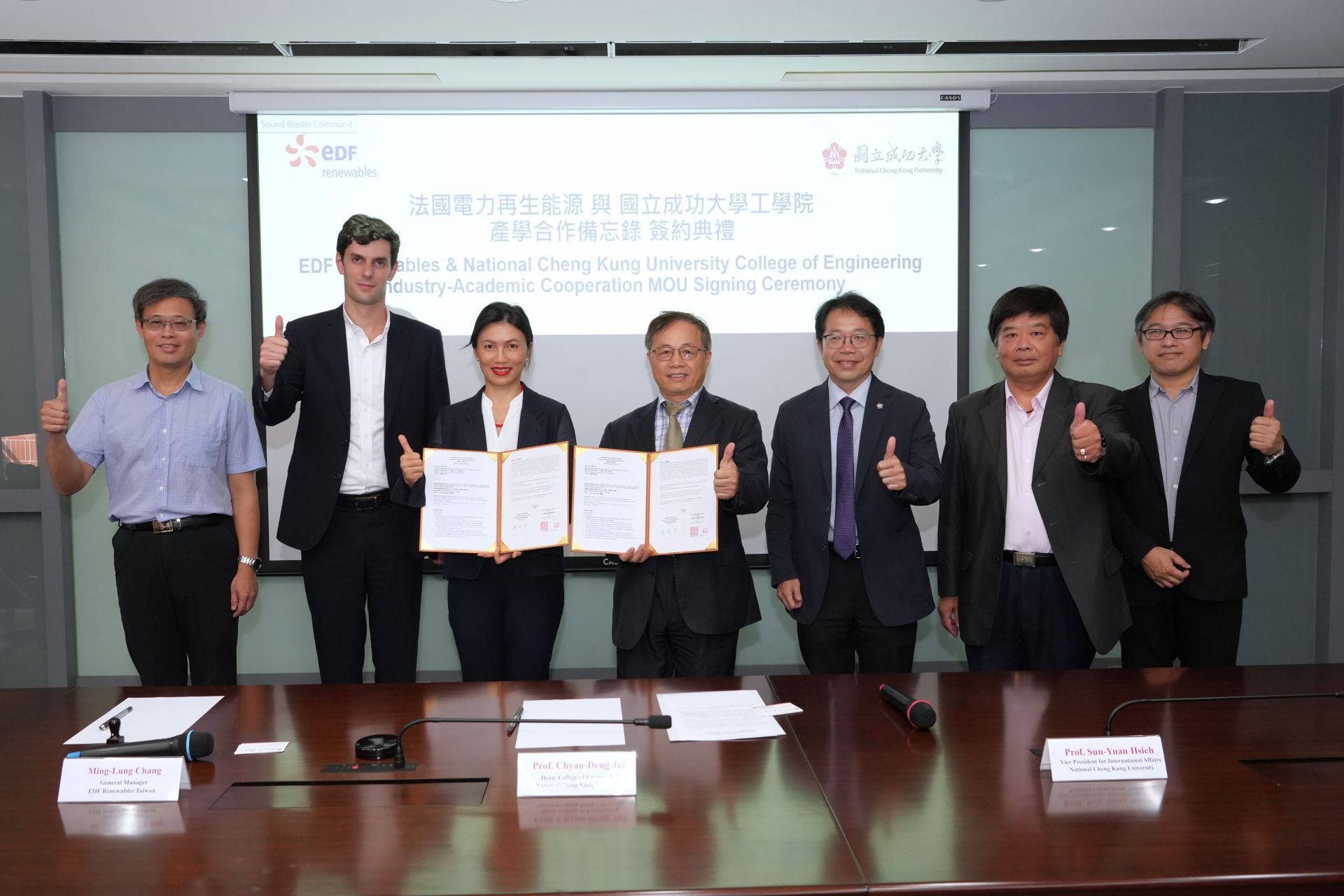SDG7
Transitioning High Carbon Emission Industries into Green Solutions: NCKU's Chemical Engineering Dept. towards the Net-Zero Era
National Cheng Kung University's Department of Chemical Engineering held a seminar titled "Embracing the Net-Zero Era - Green Transformation of High Carbon Industries" at the Hwa-Lee Hall in the Tzu-Chiang Campus on the 14th. Five speakers from companies such as Tung Ho Steel, the Industrial Technology Research Institute, and TECO were invited to share their experiences in promoting zero-carbon emissions. The event attracted nearly a hundred companies, including Taiwan Power Company, CPC Corporation, and Chi Mei Corporation, with the aim of fostering collaboration to cultivate professionals across various fields to respond to the transition to a net-zero economy.
"As we've all experienced, recent extreme weather conditions have been quite noticeable," Distinguished Professor Chuh-Yung Chen, Honorary Professor of the NCKU's Department of Chemical Engineering, who served as the host and opening speaker for the event. "This summer has been exceptionally hot, making outdoor activities nearly unbearable. Climate change has irreversible effects on human society, with uncertainty surrounding seasonal patterns, such as whether winter will arrive as expected or if festivals like Mid-Autumn Festival will be hotter than usual."
Professor Chen emphasized the urgency of addressing climate change, which has significantly impacted daily life. He stressed the necessity of promoting zero-carbon emissions and encouraging the transformation of petrochemical and chemical industries. The changing environment demands immediate industry transformation, with carbon reduction becoming a pressing goal. With China's rapid development of electric vehicles, aiming to produce tens of millions of electric cars this year, Taiwan needs to tap into this emerging market and create more employment opportunities. The seminar aimed to draw insights from Japan and the EU to facilitate the advancement of related industries. Professor Chen concluded by stating that energy conservation and carbon reduction are not solely the responsibility of the government but also crucial issues for businesses. In a society where the economy leads, it's essential for the government to guide corporate transformation, thereby facilitating the green transformation of high carbon emission industries.
Director Hsisheng Teng of the Department of Chemical Engineering at NCKU expressed the department's ongoing mission to bridge academic research with industry practices. He mentioned that the department recently hosted an international catalyst symposium, discussing topics related to new energy and sustainable circular economy. With the emergence of renewable energy, the focus is now on systematically applying key technologies to improve traditional industries. The department has a wealth of excellent courses and talents to share in this regard. Additionally, Taiwan's research on solid-state batteries for electric vehicles is competitive internationally, coupled with mainstream electrochemistry. It is hoped that through collective wisdom, academia and industry can align with global standards, making green technology a star industry in Taiwan.
Director Chien-Jung Sun of TECO Group's Zero Carbon Mechanical and Electrical System Development Division shared the company's vision for creating smart and energy-efficient sustainable cities. As a significant motor supplier in Taiwan, TECO plays a crucial role in electric vehicle development. Director Sun emphasized that energy conservation and carbon reduction must start with motors, the power source for all equipment. He shared TECO's experience in establishing a Zero Carbon Mechanical and Electrical System Development Division, integrating "intelligence" elements to achieve the group's carbon neutrality goal by 2050.
Director General Wei-Hua Jian of the Committee for Corporate Sustainable Development Promotion under the World Taiwanese Chambers of Commerce, emphasized the committee's ongoing assistance to Taiwanese companies in exchanging views with international policy organizations, industry leaders, and advocating for international climate change, low-carbon economy, energy transition, corporate sustainable development, and strategies for achieving net-zero carbon emissions. The committee aims to promote Taiwan's brand and ESG technology and achievements to international markets.
General Manager Bing-Hua Huang of Tung Ho Steel shared the company's path to net-zero transformation. As a heavy electricity user, Tung Ho Steel belongs to the high carbon emission industry. Huang outlined the company's mid-term goal for 2030, aiming to reduce emissions by 28%, aligning with the national 2050 net-zero roadmap. The company is investing in renewable energy development, including biogas power generation and solar power generation, to increase the proportion of renewable energy usage and prepare for net-zero transformation and large electricity user regulations.
Dr. Chung-Ming Lee, Deputy General Manager and Director of the Material and Chemical Technology Division at the Industrial Technology Research Institute, discussed sustainable materials in the face of climate change threats. As countries worldwide actively promote green energy and carbon reduction, international corporations require suppliers to focus on carbon reduction. Facing challenges from international carbon reduction trends such as ESG/CBM, low-carbon materials sourcing and process technology are keys to global competitiveness. The Institute collaborates with Fujifilm to turn office copier waste toner into environmentally friendly paint, with ongoing efforts to develop sustainable materials and achieve net-zero sustainable development.
In conclusion, Professor Chuh-Yung Chen highlighted significant legislative progress in addressing climate change, such as the passage of the Climate Change Response Act in January, which sets a net-zero emissions target by 2050 and initiates carbon tax measures. This marks Taiwan's first legislative policy to address climate change. The Ministry of Education's "Towards Carbon Neutrality - Industry Green, Low Carbon Technology and Talent Cultivation and Application" project supports NCKU in cultivating professionals needed for corporate net-zero transformation. Today's seminar attracted nearly a hundred companies, including CPC Corporation, Taiwan, Formosa Plastics Group, Chang Chun Group, Evergreen Group, Cleanaway, and Merck. Looking ahead, there is hope to integrate resources from universities such as National University of Tainan, National Taiwan University of Science and Technology, Kun Shan University, Chia Nan University of Pharmacy and Science, as well as industrial associations and the Industrial Development Bureau of the Ministry of Economic Affairs to collaborate in nurturing carbon reduction talents.
"As we've all experienced, recent extreme weather conditions have been quite noticeable," Distinguished Professor Chuh-Yung Chen, Honorary Professor of the NCKU's Department of Chemical Engineering, who served as the host and opening speaker for the event. "This summer has been exceptionally hot, making outdoor activities nearly unbearable. Climate change has irreversible effects on human society, with uncertainty surrounding seasonal patterns, such as whether winter will arrive as expected or if festivals like Mid-Autumn Festival will be hotter than usual."
Professor Chen emphasized the urgency of addressing climate change, which has significantly impacted daily life. He stressed the necessity of promoting zero-carbon emissions and encouraging the transformation of petrochemical and chemical industries. The changing environment demands immediate industry transformation, with carbon reduction becoming a pressing goal. With China's rapid development of electric vehicles, aiming to produce tens of millions of electric cars this year, Taiwan needs to tap into this emerging market and create more employment opportunities. The seminar aimed to draw insights from Japan and the EU to facilitate the advancement of related industries. Professor Chen concluded by stating that energy conservation and carbon reduction are not solely the responsibility of the government but also crucial issues for businesses. In a society where the economy leads, it's essential for the government to guide corporate transformation, thereby facilitating the green transformation of high carbon emission industries.
Director Hsisheng Teng of the Department of Chemical Engineering at NCKU expressed the department's ongoing mission to bridge academic research with industry practices. He mentioned that the department recently hosted an international catalyst symposium, discussing topics related to new energy and sustainable circular economy. With the emergence of renewable energy, the focus is now on systematically applying key technologies to improve traditional industries. The department has a wealth of excellent courses and talents to share in this regard. Additionally, Taiwan's research on solid-state batteries for electric vehicles is competitive internationally, coupled with mainstream electrochemistry. It is hoped that through collective wisdom, academia and industry can align with global standards, making green technology a star industry in Taiwan.
Director Chien-Jung Sun of TECO Group's Zero Carbon Mechanical and Electrical System Development Division shared the company's vision for creating smart and energy-efficient sustainable cities. As a significant motor supplier in Taiwan, TECO plays a crucial role in electric vehicle development. Director Sun emphasized that energy conservation and carbon reduction must start with motors, the power source for all equipment. He shared TECO's experience in establishing a Zero Carbon Mechanical and Electrical System Development Division, integrating "intelligence" elements to achieve the group's carbon neutrality goal by 2050.
Director General Wei-Hua Jian of the Committee for Corporate Sustainable Development Promotion under the World Taiwanese Chambers of Commerce, emphasized the committee's ongoing assistance to Taiwanese companies in exchanging views with international policy organizations, industry leaders, and advocating for international climate change, low-carbon economy, energy transition, corporate sustainable development, and strategies for achieving net-zero carbon emissions. The committee aims to promote Taiwan's brand and ESG technology and achievements to international markets.
General Manager Bing-Hua Huang of Tung Ho Steel shared the company's path to net-zero transformation. As a heavy electricity user, Tung Ho Steel belongs to the high carbon emission industry. Huang outlined the company's mid-term goal for 2030, aiming to reduce emissions by 28%, aligning with the national 2050 net-zero roadmap. The company is investing in renewable energy development, including biogas power generation and solar power generation, to increase the proportion of renewable energy usage and prepare for net-zero transformation and large electricity user regulations.
Dr. Chung-Ming Lee, Deputy General Manager and Director of the Material and Chemical Technology Division at the Industrial Technology Research Institute, discussed sustainable materials in the face of climate change threats. As countries worldwide actively promote green energy and carbon reduction, international corporations require suppliers to focus on carbon reduction. Facing challenges from international carbon reduction trends such as ESG/CBM, low-carbon materials sourcing and process technology are keys to global competitiveness. The Institute collaborates with Fujifilm to turn office copier waste toner into environmentally friendly paint, with ongoing efforts to develop sustainable materials and achieve net-zero sustainable development.
In conclusion, Professor Chuh-Yung Chen highlighted significant legislative progress in addressing climate change, such as the passage of the Climate Change Response Act in January, which sets a net-zero emissions target by 2050 and initiates carbon tax measures. This marks Taiwan's first legislative policy to address climate change. The Ministry of Education's "Towards Carbon Neutrality - Industry Green, Low Carbon Technology and Talent Cultivation and Application" project supports NCKU in cultivating professionals needed for corporate net-zero transformation. Today's seminar attracted nearly a hundred companies, including CPC Corporation, Taiwan, Formosa Plastics Group, Chang Chun Group, Evergreen Group, Cleanaway, and Merck. Looking ahead, there is hope to integrate resources from universities such as National University of Tainan, National Taiwan University of Science and Technology, Kun Shan University, Chia Nan University of Pharmacy and Science, as well as industrial associations and the Industrial Development Bureau of the Ministry of Economic Affairs to collaborate in nurturing carbon reduction talents.
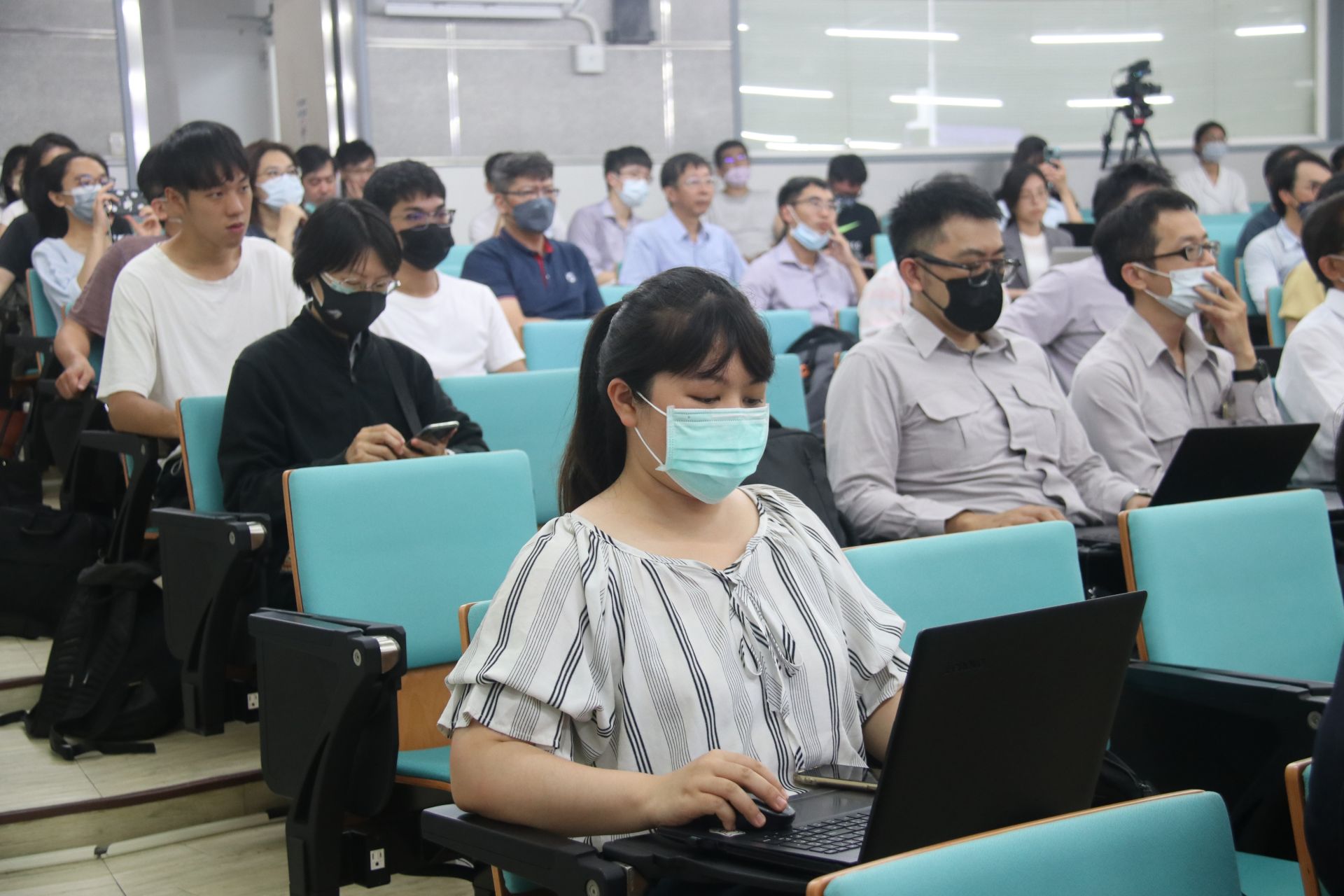
The seminar "Facing the Net Zero Era - Green Transformation of High Carbon Emission Industries" attracted participation from nearly a hundred companies.
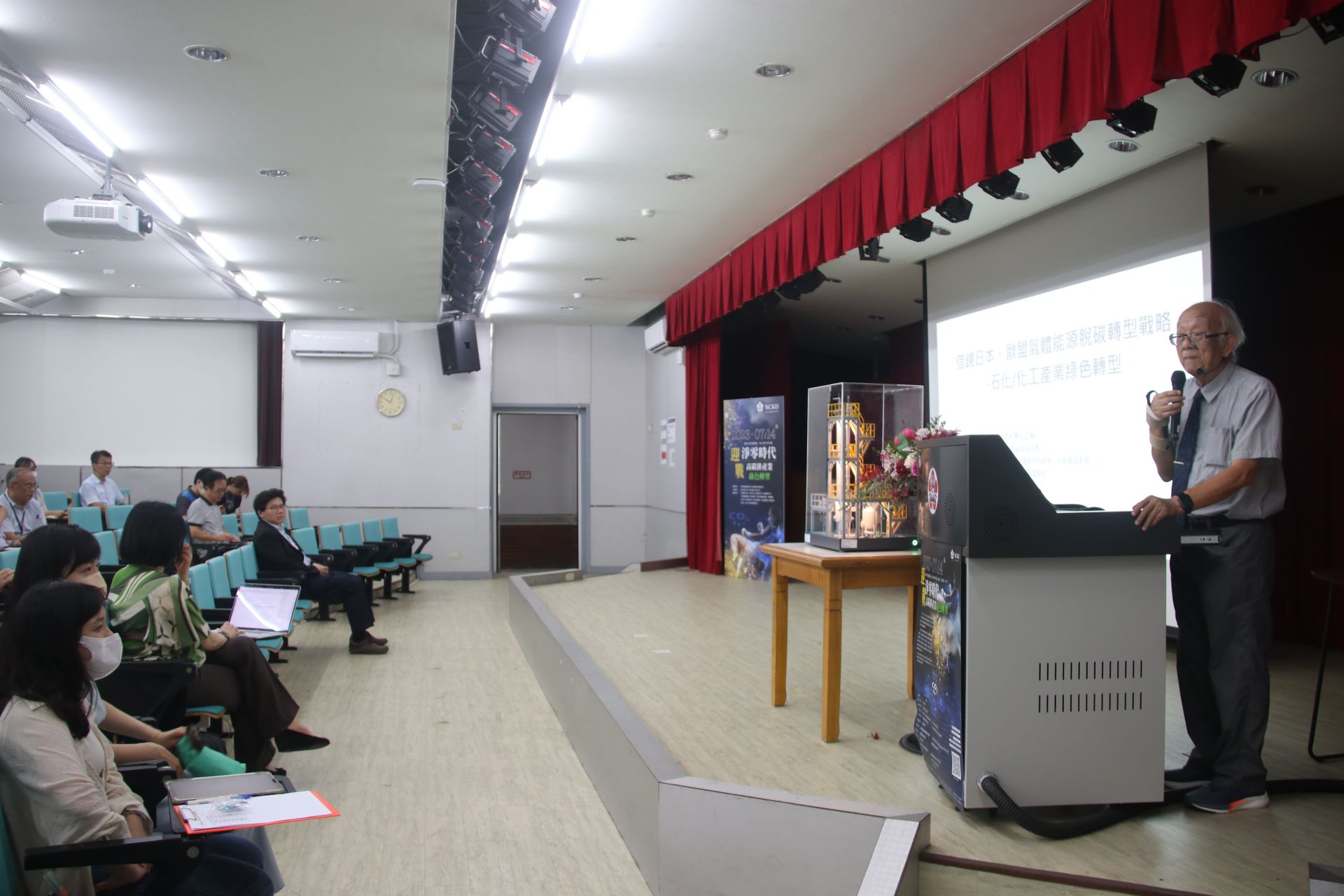
Professor Chen said, "The changing environmental landscape necessitates urgent transformation in related industries, with reducing carbon emissions being a pressing goal for the industrial sector.
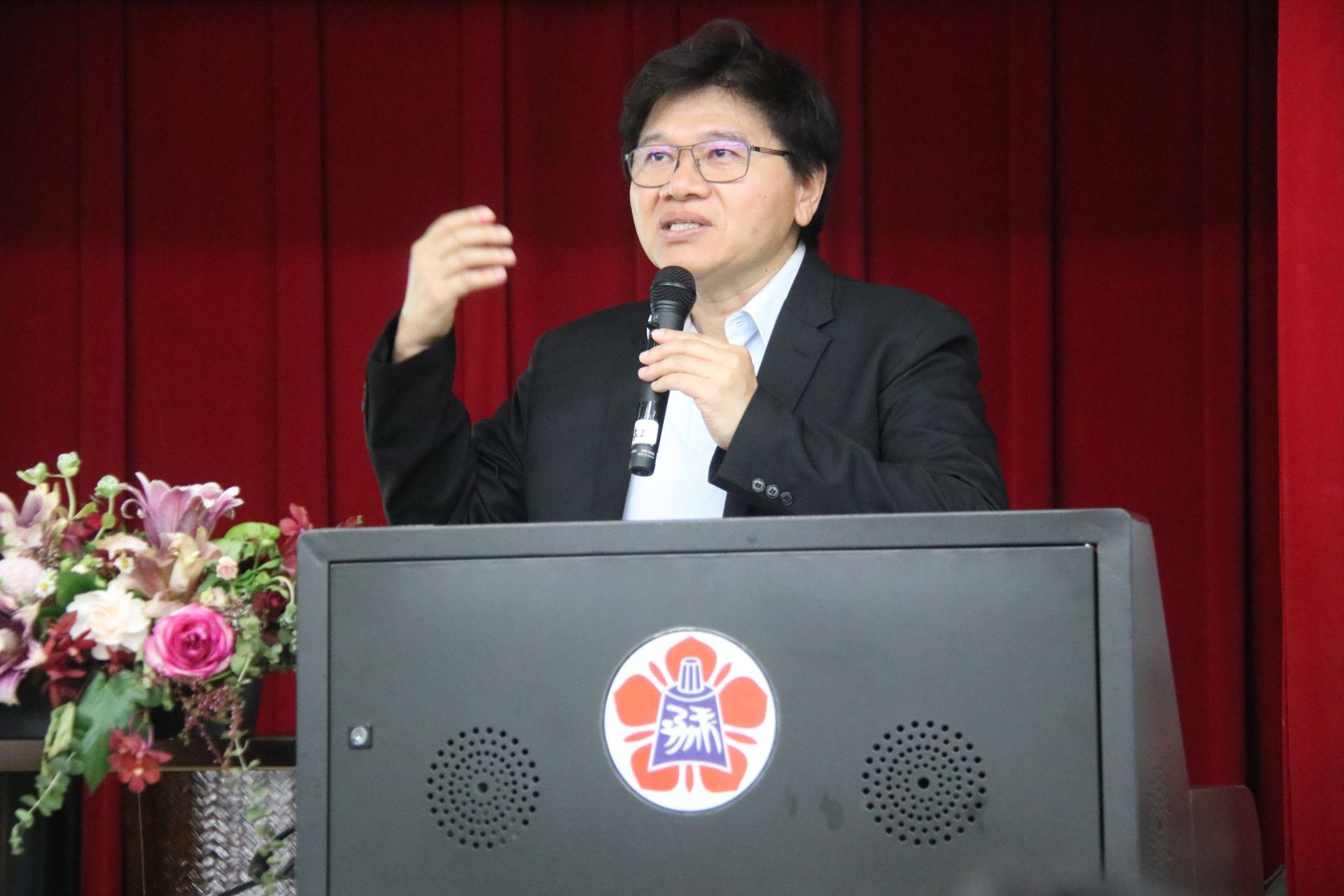
Director Teng of the Department of Chemical Engineering at NCKU pointed out that it is an important mission of the department to extend academic research to the industrial sector.
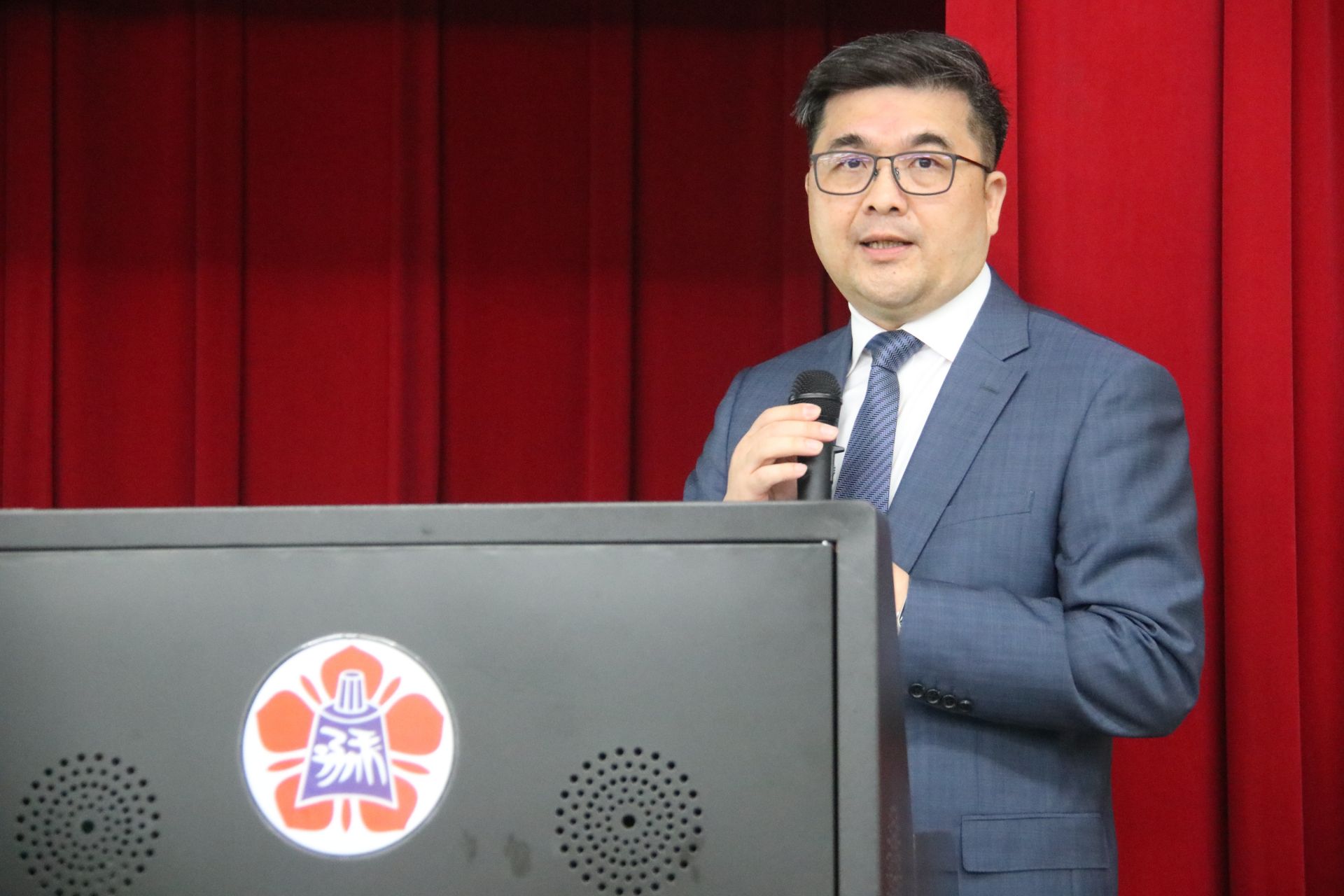
Director Sun of the Zero-Carbon Electromechanical Systems Development Department of TECO shared the vision of building a smart and sustainable city by TECO.
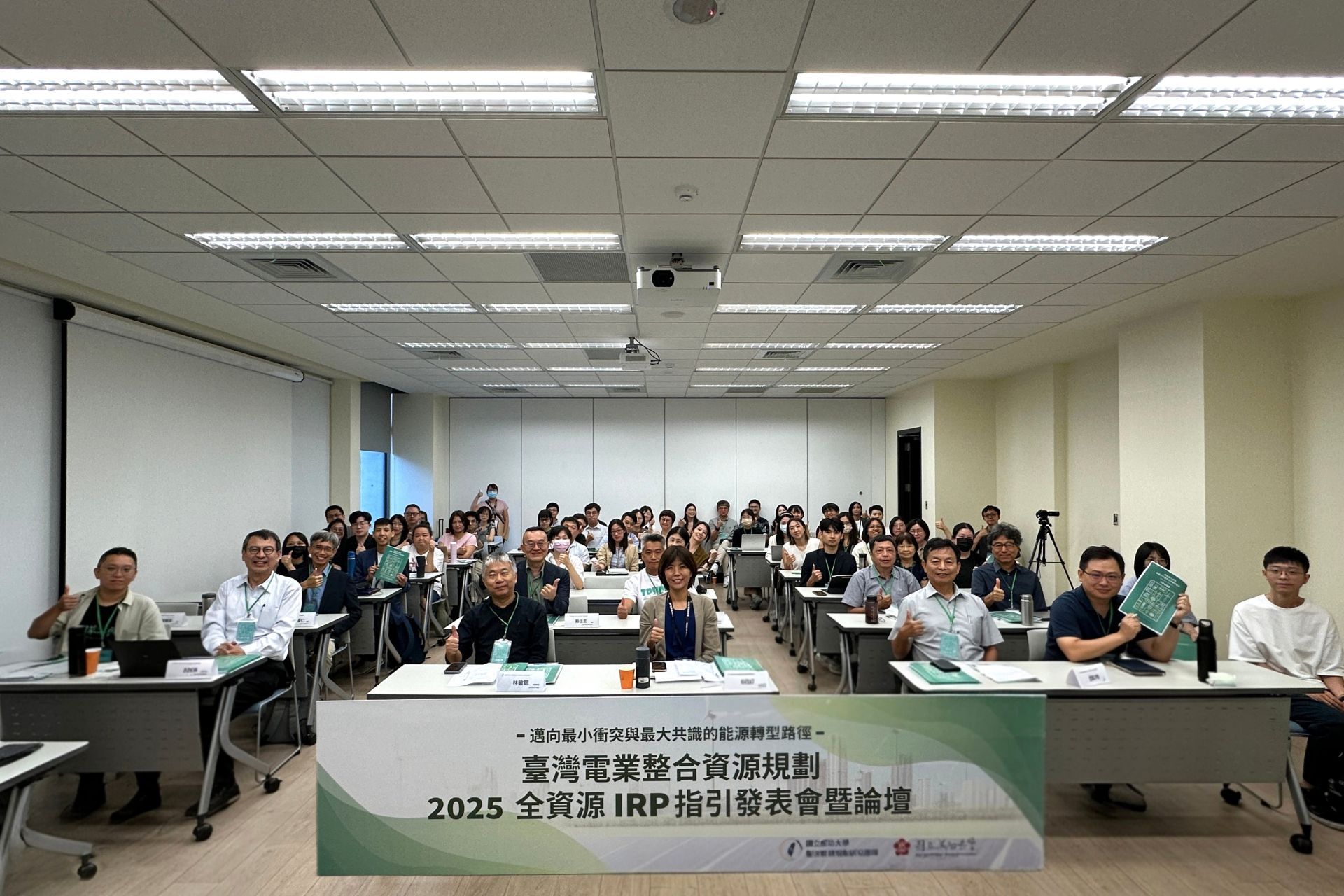
SDG7NCKU Releases the Nation’s First Integrated Resource Planning Guidelines for the Power Sector
View more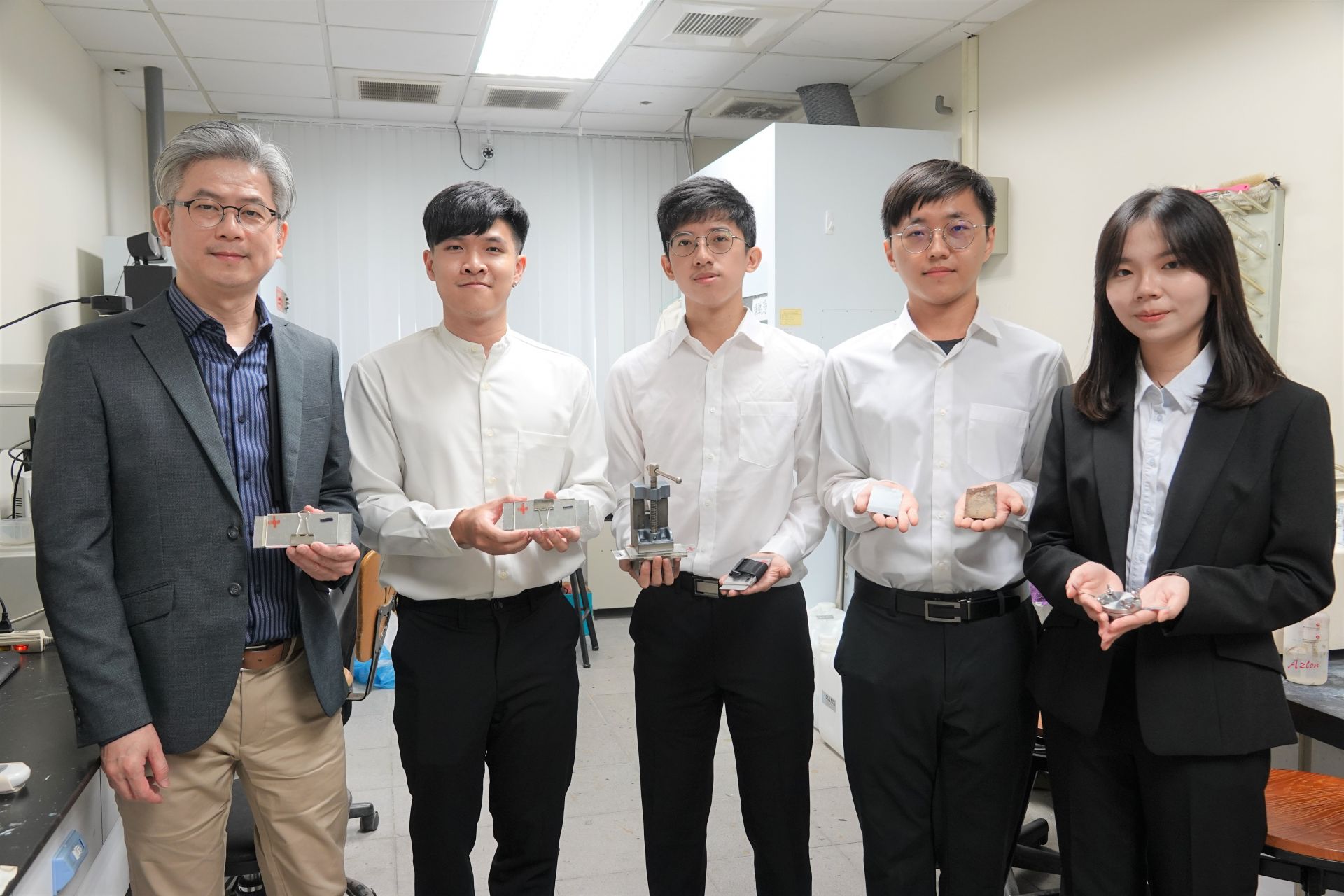
SDG7NCKU MSE Announces Chargeable- Dischargeable Solid Iron Batteries that are Highly Efficient, Lightweight, Eco-friendly and Safe.
View more